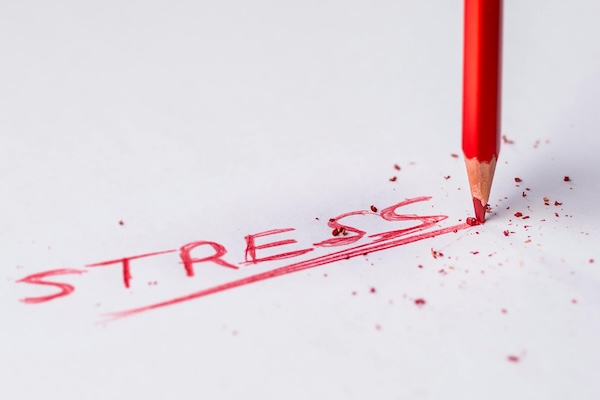
I was asked “How do you combat stress in everyday life?”
We all face stress, but how we respond to it determines whether it drains us or strengthens us. In this post, I share a practical approach to stress management, grounded in our body’s natural ability to restore balance. You’ll see how small daily habits, like breathing exercises, movement, and mindful awareness, can prevent stress from spiraling out of control and keep life on a steadier course.
Stressors are part of life and always have been. Consequently, we have evolved with the ability to handle stress productively.
What this means is that, left to its own devices, our mind/body experiences a natural shift between stimulated (fight or flight) mode, and relax and restore mode (autonomic nervous system, sympathetic vs parasympathetic modes).
Unfortunately, this natural flow gets interrupted when life throws so many demands at us that we find difficulty coping. We call this ‘stress’.
How to combat stress
Effective stress management means effective life management, but high demand makes this difficult to achieve.
So, ‘managing stress’ becomes a priority. What it really means, when we are already stressed, is managing the bodily and emotional symptoms caused by stress.
The ‘simplest’ way to do this is to create situations where the ‘shift’ I mentioned above can be restored and maintained naturally. This prevent a build up of stress reactions and helps us to remain on an even keel.
How to do this? (at last I’m answering your question! But the bit above makes sense of what comes next).
So, set up habits in daily life that create opportunities to switch to its (parasympathetic) relaxed mode where mind and body can do the ‘housekeeping’ that counters the effects of stress. These might be.
The quickest and simplest way is to learn abdominal breathing, then to make sure that you use this regularly throughout the day. I recommend 5 short ‘thinking breaks’ a day of 2 to 5 minutes each day.
You asked how I manage stress:
I start the day with 10 minutes’ meditation.
I take regular breaks to ‘tune in’ with myself – by break I mean I alter the rhythm of what I’m doing. I don’t necessarily stop working or dealing with other demands, but I make sure I switch tasks a move about every couple of hours throughout the day.
I stay alert to my thinking. If my thoughts start to turn negative, I stop whatever it is I’m thinking about (e.g. “poor me”, “I’m overworked”, “this isn’t fair…” or whatever).
I keep fit, walking and swimming.
I eat healthily and follow the usual common sense advice about diet, caffeine, alcohol etc.
That’s my routine way of managing stress, what’s yours?
Photo: Pedro Figueras/www.pexels.com
Discover more from Barry Winbolt
Subscribe to get the latest posts sent to your email.
Related Posts
More Posts
Discover more from Barry Winbolt
Subscribe to get the latest posts sent to your email.










